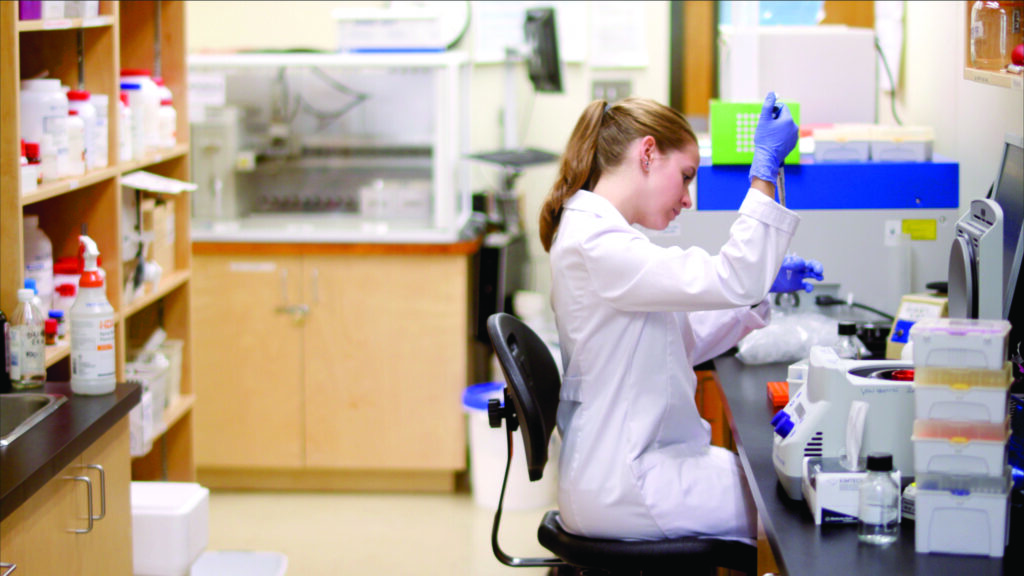As a TRU student in research, you get a unique, hands-on experience within your chosen program. Not all post-secondary institutions offer research positions to undergraduate students, but because TRU is all about building connections and sparking creativity, anyone can take part! There are even grants and awards given out each year that can help fund your education. Research is not just for science majors… there are plenty of opportunities within other faculties as well.

How to Get Started
Start the conversation about your interest in research with one of your favourite professors. You can also contact the TRU Undergraduate Student Research Office – they are happy to help! Most students wait until their 3rd or 4th year to partake. However, if you are an eager first- or second-year student, you are more than welcome to start the conversation too. You can also apply for the Research Rookies program to begin your journey, and later on become a Student Research Ambassador.
Why Do Research?
Research has many real-life applications that can transfer over into your future career. It can instill and foster a passion for helping others. It would also help enhance your presentation, networking, and communication skills. In upper-level years, you even have the chance to travel to various conferences across Canada to share your discoveries and hear about other research projects as well.
Types of Projects & Areas of Research
Areas of Research can include but are not limited to:
- Science – microbiology, chemical biology, organic or inorganic chemistry, nuclear physics, human physiology, applied mathematics, etc.
- Arts – geography, psychology, sociology, language and culture, etc.
- Business – international relations, accounting, entrepreneurship, marketing and communications, etc.
Projects that have been done in the past at TRU:
- Converting by-products to energy and using the leftover waste to make a fertilizer.
- Understanding the relationship between canopy structure and hydrologic flow paths.
- The discovery of why natural mortality in marine invertebrates is so much higher during the juvenile stage than in the adult stage.
- Creating inclusive sport programming and identifying the barriers to participation.
- Exploring the importance of receiving a traditional name.
- And hundreds to thousands of other fascinating projects!
Competitions & Conferences
- TRU Undergraduate Research Conference
- In a Nutshell – Undergraduate Thesis Competition
- Undergraduate Research and Innovation Conference
- The Canadian Society of Microbiologists Annual Conference
- Canadian Chemistry Conference and Exhibition
- The Western Division Canadian Association of Geographers
- There really are too many to name!
What is Entails
Getting involved with research looks a little bit different for everyone. Remember, this is your educational journey, so make the most of it! TRU is a community empowered by research. Regardless of what you are studying, you can put forward ideas to be incorporated into the project, work on your research project during times that work best with your schedule (dependent upon your supervisor), collect data and analyze the results, document the critical information found in a professional manner, and most importantly, have a profound impact on your community.
Personal Experience
My experience with TRU student research thus far has been a success in multiple ways; I get to work in a chemical biology laboratory, apply the knowledge I have learned in class, meet new friends, and most of all, do what I love! Doing research has allowed me to explore various branches of science, as well as challenge my intellect. It also supplements my studies in more ways than one – expanding my horizons, going above and beyond what is covered in lectures, letting my curious mind wonder – the possibilities really are endless, and they can be for you too!
Written by Future Student Ambassador, Kayla. Posted on December 6th, 2023.

